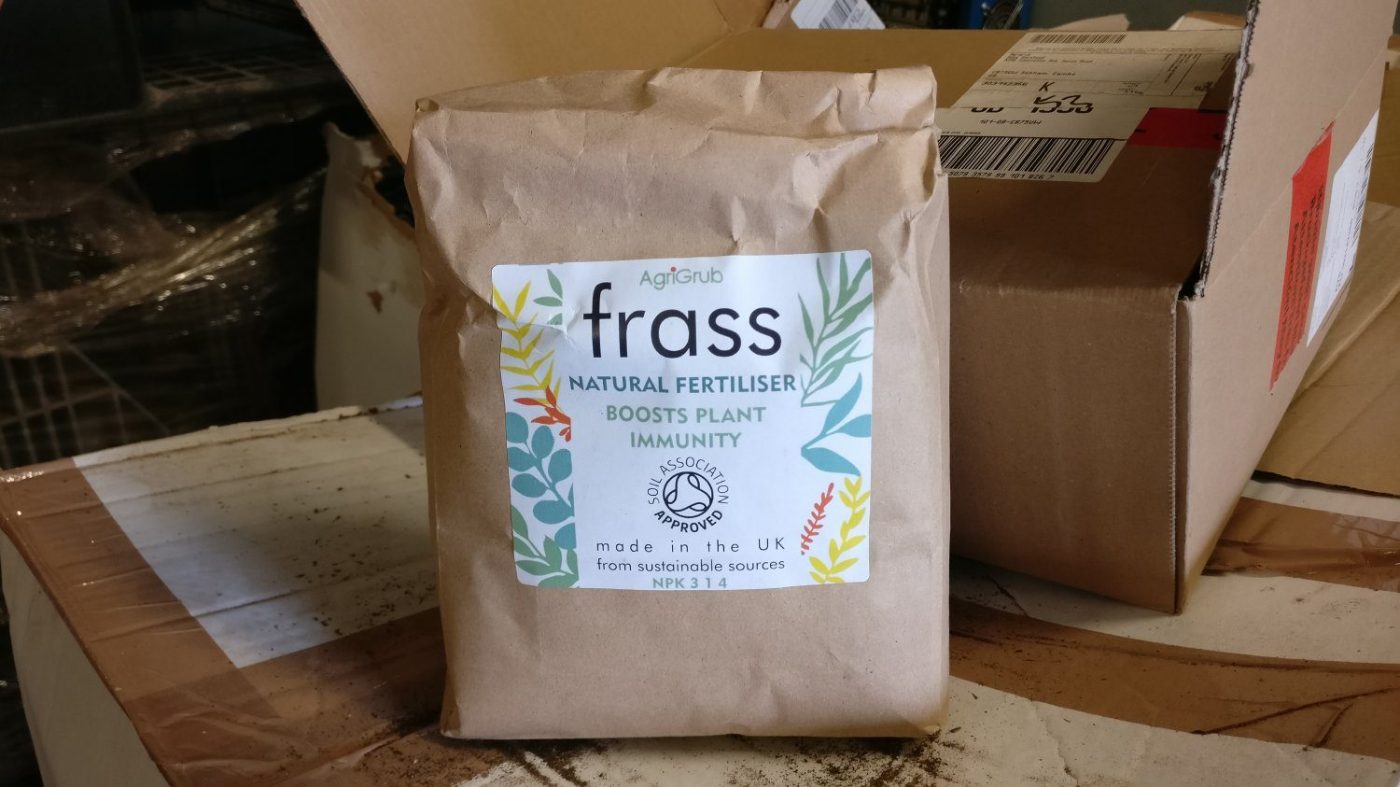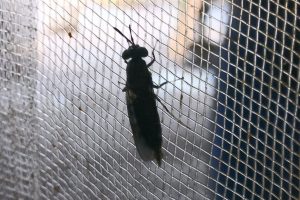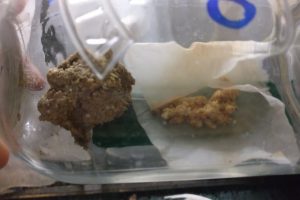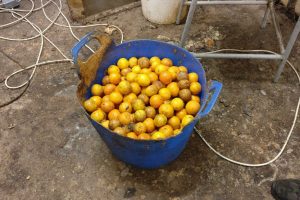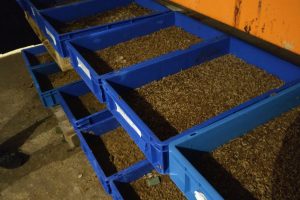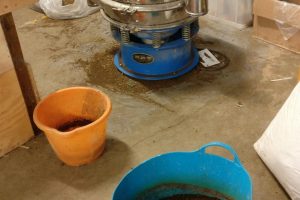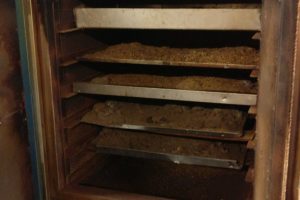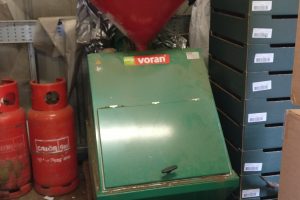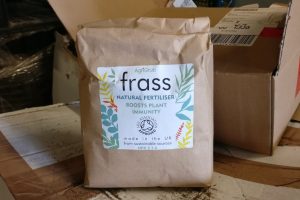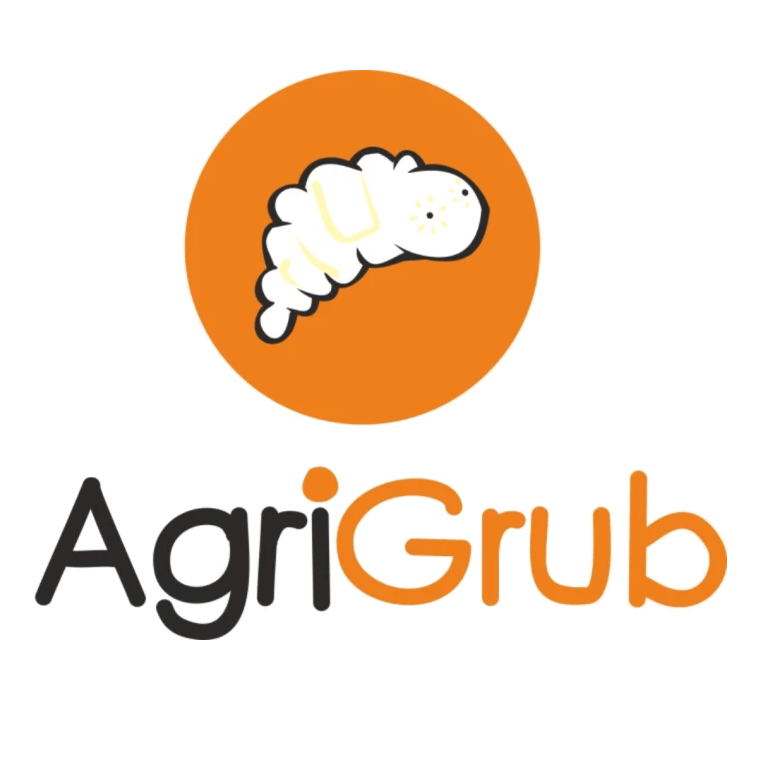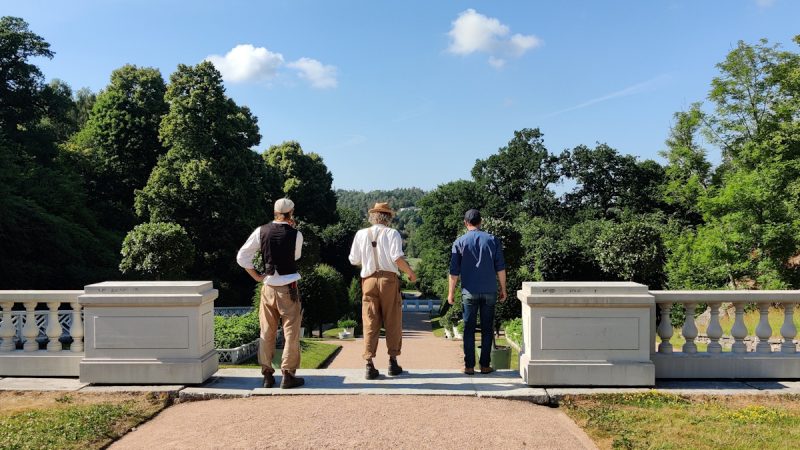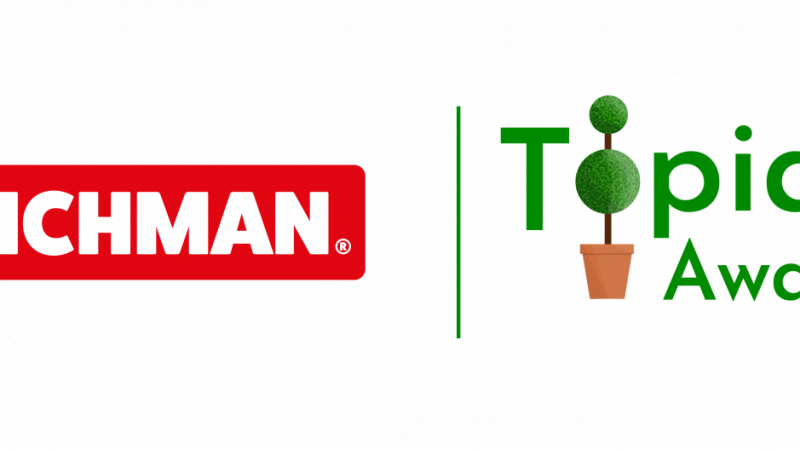AgriGrub Frass Trial
EBTS UK was contacted by a company called AgriGrub who are a small UK company based in Cambridgeshire. They specialise in ‘pioneering a sustainable solution to food waste in the UK using a remarkable insect called the Black Soldier Fly’. So why would this be of interest? A by product of growing the flies frass which is made of the castings and skin casings of the larvae. This makes a unique fertiliser and bio-repellant and it is these that make it of interest to box owners. It is claimed that not only does it boost plant growth, but it also tricks the plant into activating its defences – putting off pests but not harming key pollinators.
Aim of the trial
AgriGrub would like to see if their product is effective against both forms of box blight and also works as a deterrent for the box tree moth and caterpillar. They need your help in trying it out, fill in the form below and they will send you a trial pack of their product with instruction on how to apply it. Please only take part if you are happy to send them feedback on the results you get from using the frass.
EBTS is also aiming to facilitate trials at a number of other larger sites where historic box is under fungal or insect attack.
A natural by product
The frass used in the trial is a completely natural product from the Hermetia illucens – Black Soldier Fly larvae – and AgriGrub believe it is beneficial for all plants. It has all the nutritional component a plant needs for healthy and sustained growth – rich in carbon, nitrogen, phosphorus, and potassium (NPK : 3 1 4), making it a good fertiliser that is also ideal for organic farming. In addition it works as a biorepellant – deterring pests and fungal disease without the need for the use of chemicals insecticides and fungicides.
AgriGrub production cycle for Black Soldier Fly frass
- A black soldier fly
- Black Soldier fly eggs
- Rotten fruit from supermarkets for the larvae to eat
- Larvae consumming old fruit and producing lots of frass
- Separating larvae and frass
- Drying the frass
- Milling the frass
- Small trial bags of frass
Chitin - pronounce kai-tn
The active component of frass is chitin, which is 14% of frass by weight and is naturally rich in nitrogen, phosphorus and potassium. As these elements are bound in within the frass they are not washed out by rain.
Chitin also binds to soil nutrients essential for plant growth like iron, calcium, magnesium and zinc, making them accessible to the plant. It also both stimulates and fertilises the microbiome of bacteria present in soil.
This results in unprecedented increases in carbon and nitrogen mineralisation, locking carbon into the soil and increasing nutrient availability for crops.
What does chitin do?
As chitin is also found in insects, plants mistake the high chitin content of frass as a warning of insect attack. This acts as a vaccination, up-regulating plant defences, making them stronger and less palatable to pests – like aphids, slugs and snails.
These same mechanisms stilmulate the immune response of the plants and helps to reduce plant disease caused by fungal pathogens like Blights, Rusts and Mildews.
Frass, although it contains chitin, does not cause any diseases.
AgriGrub suggest that frass is a great alternative to pesticides as it deters insect damage, while still supporting key pollinators, likes bees and butterflies. In early trials frass has been shown to reduce aphid numbers by 94% on cabbages.
EBTS UK was contacted by AgriGrub through the RHS and makes no recommendations as to the products effectiveness or its effect on the plants it is used on, so please bear this in mind when you select your trial plants.
EBTS UK is facilitating and co-funding a number of different trials with the hope that one or more will produce positive and useful effects for controlling the pests and diseases that affect boxwood plants. If you work for a company carrying out research into boxwood related potential products we would be interested to hear about the work being done – info@ebts.org

